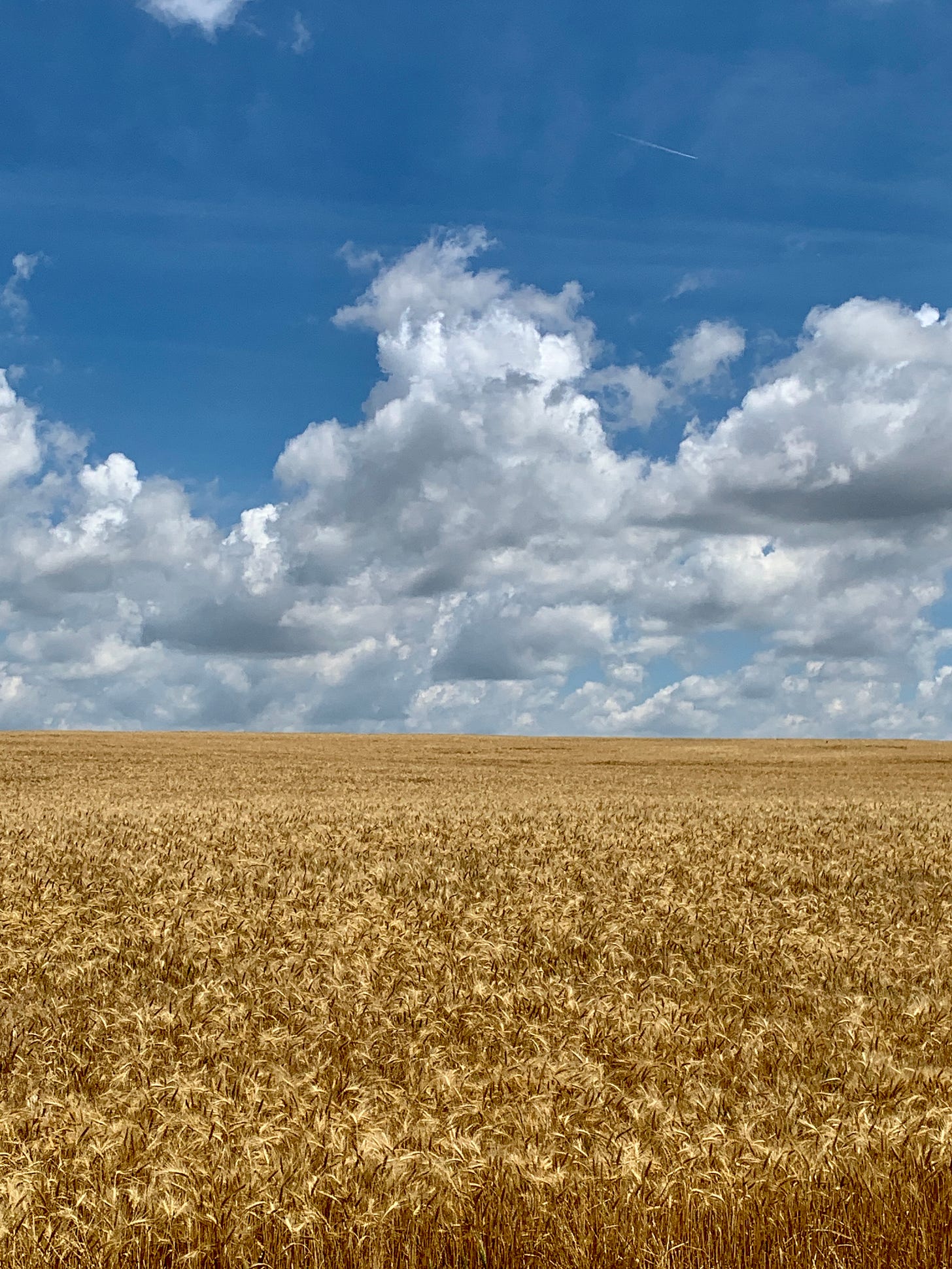the one horse & the nextover
or, the middle of nowhere
Anyone would be lying who left a one horse town and said they weren't happy to find out that the next place over has two horses. Yet it is only in the clear superiority of the next over, there in the town with two or more horses, that the one-horser finds their origin to be of real value. There in the next over, a one-horser can and probably will claim to a rapt audience how much better it is to be from a town in which a single horse presides. There, the one-horsers can memorialize the reign of the cows over the pastures, the domination of the birds over the air, the speed of the legs of children and dogs when it is un-embarrassed by the legs of their stallion superiors. In a one horse town, even a lamb looks fast.
To be from a place where slowness unfurls in all its cinematic extremity and loneliness is lit by the single stoplight hanging over the town's only meaningful intersection is to have always arrived from near-nil, that is, to have become something from nearly nothing, unlike all of those who were born something and somewhere and therefore display no superiority of character. One-horsers can brag, that they, like Adam, were formed by the lord's own hands from the naked dirt. To rise up from the rural slowness, as if it were primordial ooze, is, if not heroic, at the least mythopoetical enough for a night at the bar.
The real disappointment, however, is to leave the the next over, too, and its relative abundance of horses. To leave the two-or-more horse town means the relevant site of memorialization is lost. No one cares, in the faraway crowded places, whether your town had one or two horses. That it had horses at all is the weird thing. In the faraway, all origin is a great blur of indistinction met with a great blur of indifference. No one cares about the lord or slowness or mythopoesis or dirt.
A one horse town is a fine thing to feel like you are missing, but it is a bad thing to try to go back to. You feel like you don't belong elsewhere, but the place you belong to is a slow nothing in the slower nowhere. And there is, while living, no true belonging to that.


